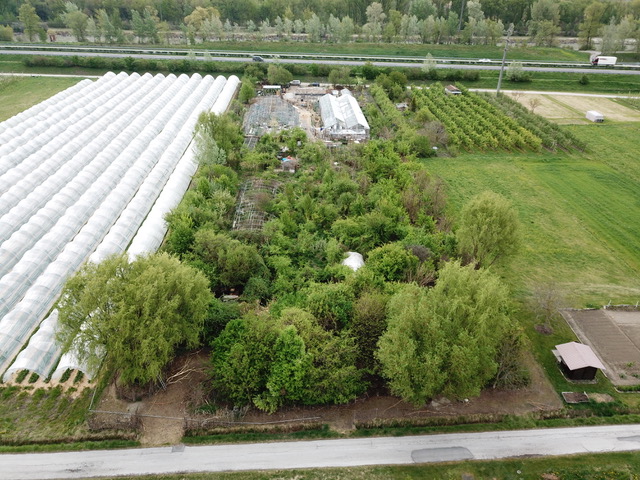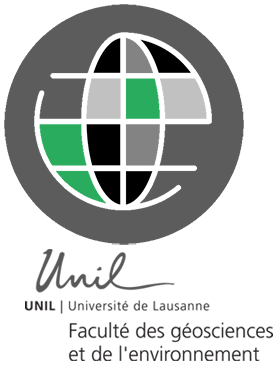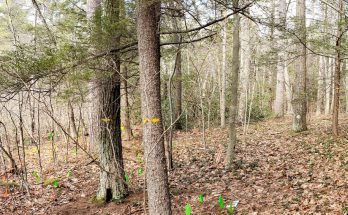Cette publication est également disponible en :
![]() Français
Français

Thesis defended by Leila Chakroun – September 20th, 2023 – Institute of Geography et Durability (IGD).
Although increasingly contested, modern dualisms still permeate our ways of living, organizing ourselves collectively, planning our territories and producing our food. What new approaches could help dislodge these dualisms from their dominant position, and the role they play in the ecological and human threats brought about by the Anthropocene? This research proposes a dialogue between mesology and permaculture, both of which call for a transformation of the sense of human relations to the Earth, each with use specific tools. Through the prism of the conceptual framework of mesology, this thesis examines the modes of existence and the modalities of engagement that permaculture initiates in Switzerland and Japan. Those countries represent an interesting constrast, as, while each having very different philosophy of nature and territorial history, are both facing the ecological limits of the globalized conventional agricultural system.
Mesology, the approach of human milieu developed by the geographer Augustin Berque, attempts to go beyond the modern paradigm and unfolds through radically relational concepts: milieu, trajectivity, mediance. As for permaculture, it stems from a citizen’s impulse to experiment with ecological, even ecosystemic, cultivation practices, and prefigures nurturing landscapes that are openly at odds with the principles of modern agronomy and the values of the capitalist system. In order to articulate their respective quests for other milieus to thrive, and to shed a light on their existential underpinnings within this system, I draw upon the critique of capitalist axioms developed by the heterodox economist Christian Arnsperger and his concepts of existential lucidity, critical acceptance and existential activism.
The aim of this thesis is threefold:
- to explore and conceptualize a attitude of the self that handles the tension between reconnection to the milieu and disconnection from the system, in other words, that demonstrates trajectivity and critical acceptance;
- to highlight what, in permaculture, is akin to this attitude of the self, and how the latter reveals itself to be a driving force behind the transformation of milieus;
- to capture the varying meanings of permaculture and highlight the diversity of landscapes it hence inspires.
The methodological approach is a mesography – a mesological ethnography – in the two national contexts of Switzerland and Japan. It consists of a qualitative study combining long periods of immersion and participant observation on about thirty sites and within various associations, with semi-structured interviews with fifty pioneers and/or project leaders.
The main contributions of this research are,
- to narrate permaculture in a new way, thanks to “stories of milieus” that make it possible to jointly capture – in a mesographic way – both life trajectories and place trajectories;
- to narrate, through “stories of landscaping frictions”, the opportunities and obstacles that each cultural context brings to the (re)development of territories;
- to locate the emergence of “mesological self” in the interplay between the existential critique of the dominant system and the reconnection to the living.
This thesis shows that the quest for other milieus through permaculture motivates existential transitions and, trajectively, the emergence of “other” places – or heterotopias – through landscape transformations.



